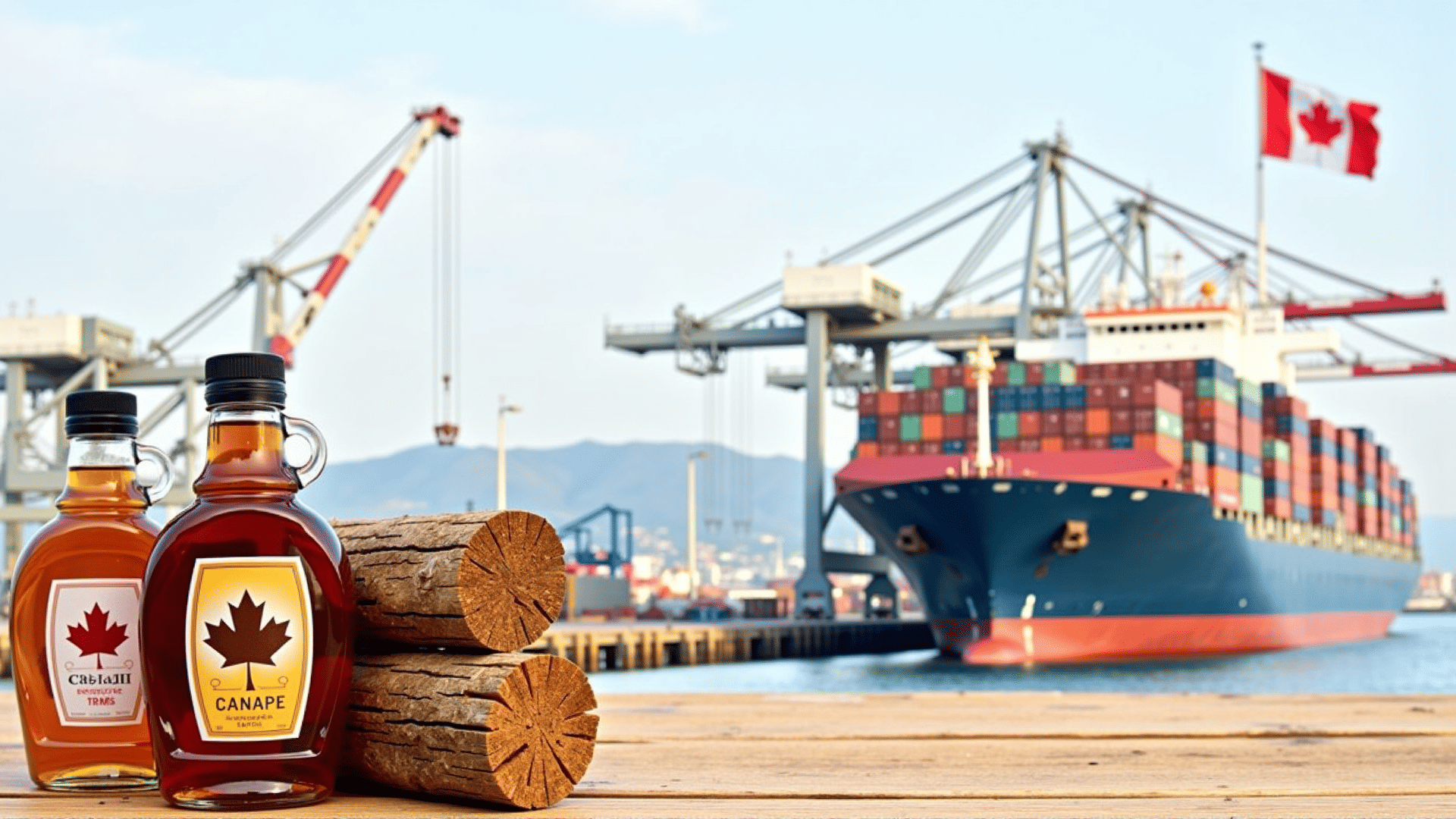In the Canadian landscape, exploring trade essentials requires a nuanced approach that takes into account both the country's internal dynamics and its role in the broader international community. At its core, trade involves the production, distribution, and exchange of goods and services, serving as a crucial pillar for Canada’s economy.
Canada's unique geographical position and abundant natural resources ensure that it remains a vital player in global trade. The Great White North is rich in resources like timber, oil, and minerals, providing a solid foundation for numerous sectors. The nation’s economic health is closely tied to its capacity to export these commodities, making trade an integral part of its economic strategy.
Domestic trade within Canada involves the exchange of goods and services across its diverse provinces and territories. Each region possesses unique strengths, contributing to an interconnected economy. For instance, Alberta's energy sector provides oil and gas, while British Columbia is renowned for forestry products and Ontario stands out in manufacturing and technology. Internal trade allows Canadians to capitalize on these diverse offerings, promoting national growth.
Internationally, Canada is a member of several key trade agreements that facilitate global commerce. Agreements such as the USMCA (United States-Mexico-Canada Agreement) play a critical role in shaping cross-border exchanges, ensuring reduced barriers and enhanced cooperation with key partners. These agreements are designed not only to streamline trade but also to protect the interests of all parties involved.
Canada's participation in the Comprehensive Economic and Trade Agreement (CETA) with the European Union and the Comprehensive and Progressive Agreement for Trans-Pacific Partnership (CPTPP) exemplifies its commitment to expanding trade horizons. These larger agreements not only open markets for Canadian exporters but also ensure a steady influx of diverse products and technological innovations from other regions.
Moreover, the significance of trade for Canada extends beyond mere economic metrics. It fosters cultural exchanges and deepens relationships with global partners, enriching Canada's socio-cultural tapestry. As trade continues to evolve, innovations in technology, such as digital platforms, are playing an increasingly influential role in shaping how trade is conducted, making it faster and more accessible for Canadian businesses.
In conclusion, understanding trade basics in Canada requires an appreciation of both its domestic intricacies and international engagements. With a robust framework for managing local trade and active participation in global trade networks, Canada positions itself as a dynamic player on the world stage. By fostering a conducive environment for both exports and imports, the country continues to thrive, showcasing the indispensable role of trade in its ongoing development.
